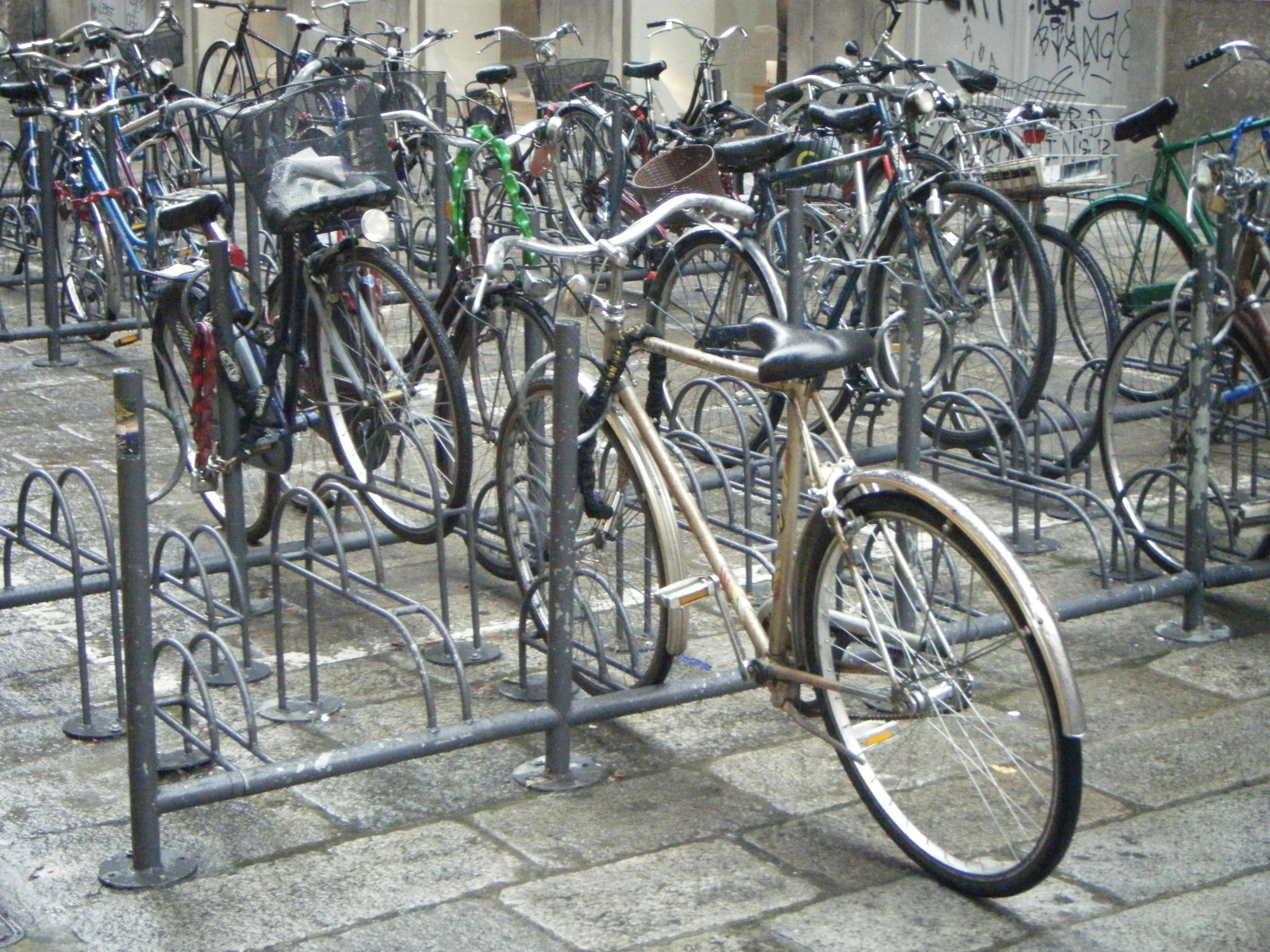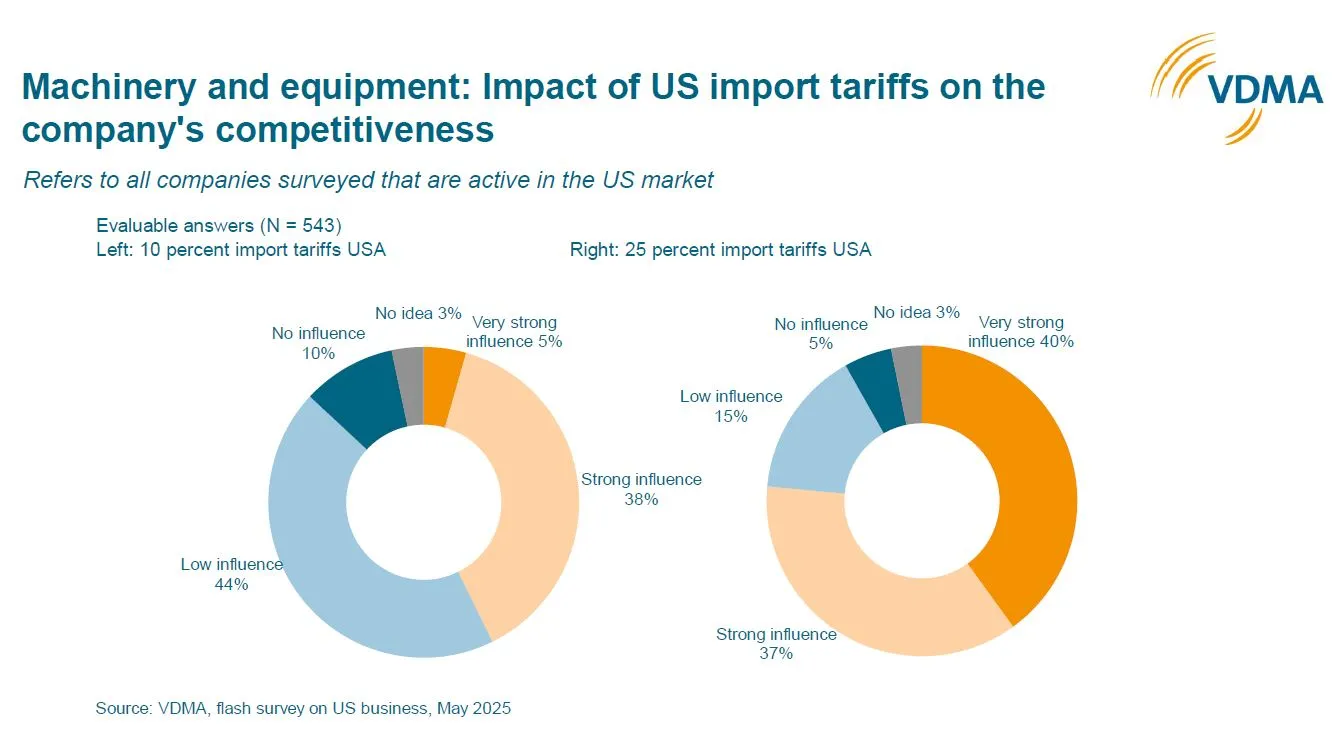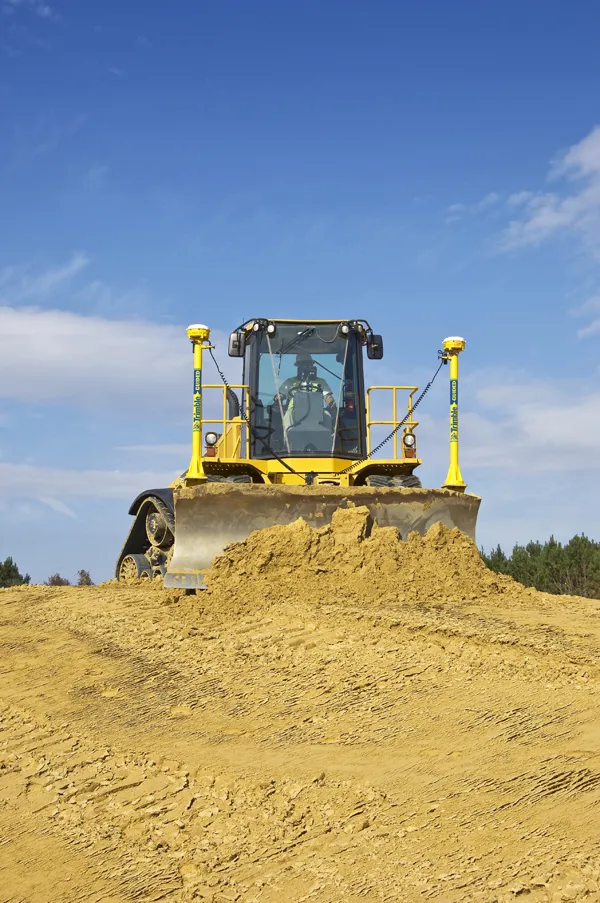Highways departments in England and Wales have yet to feel the benefit of the UK government’s commitment to spend €7.6 billion (£6 billion) on local road maintenance between 2015 and 2021.
In fact, overall road budgets have dropped by 16%, according to the annual Local Authority Road Maintenance (ALARM) survey of highway bosses in England and Wales, conducted by the Asphalt Industry Alliance.
This is reflected in the increase in average budget shortfalls – the difference between the money needed to ma
March 23, 2016
Read time: 3 mins

Highways departments in England and Wales have yet to feel the benefit of the UK government’s commitment to spend €7.6 billion (£6 billion) on local road maintenance between 2015 and 2021.
In fact, overall road budgets have dropped by 16%, according to the annual Local Authority Road Maintenance (ALARM) survey of highway bosses in England and Wales, conducted by the1360 Asphalt Industry Alliance.
This is reflected in the increase in average budget shortfalls – the difference between the money needed to maintain the road and the amount they actually receive. This has risen by almost half, from €4.05 million (£3.2 million) last year to €5.83 million (£4.6 million) this year.
The number of potholes filled over the past year has dropped, but is still worryingly high at over 2 million, according to the report. A third of respondents had to cope with unforeseen costs, primarily due to adverse weather. But there was a reduction in the average additional costs incurred, perhaps as a result of a relatively mild winter.
“The network is ageing and the cumulative effect of decades of underfunding is continuing to take its toll,” said Alan Mackenzie, chairman of the Asphalt Industry Alliance. “Add in the impacts of flooding and increased traffic and you start to appreciate the scale of the problem our local authorities are facing.”
The amount local authorities need to bring their roads up to scratch, however, remains fairly static – although still significant at almost €15.2 billion (£12 billion). The report suggests that this indicates highways teams are doing more with less as a result of improved efficiencies.
“Local authorities continue to face increasing pressure on resources but now have better processes and a more focused preventative approach,” said Mackenzie. “The adoption of highways asset management plans, for example, is allowing them to work smarter with less money.”
But Mackenzie said roads “are deteriorating at a faster rate than they can be repaired” and more significant problems lie ahead. “It is clear that there is still not enough money available to tackle the backlog of repairs needed to get our road network back into anything approaching a reasonable condition.”
The report noted that 14 years is needed to clear the maintenance backlog in England, while London will need 16 years and Wales is facing seven years.
The average time before a road is resurfaced in England is 654 years. In London it is 26 years and in Wales it is 59 years. The total cost of road-user compensation claims in England last year was nearly €22.8 million (£18 million), while in London it was €8.2 million (£6.5 million) and €5 million (£4 million) in Wales.
“Councils fixed a pothole every 15 seconds again last year despite significant budget reductions leaving them with less to spend on fixing our crumbling roads,” said Peter Box, transport spokesman at the Local Government Association, the umbrella group for local authorities in England and Wales.
“Our polling shows that 83 per cent of the population would support a small amount of the existing billions they pay the Treasury each year in fuel duty being reinvested to help councils bring our roads up to scratch.
“Our roads crisis is only going to get worse unless we address it as a national priority,” said Box. “The UK government's own traffic projections predict an increase in local traffic of more than 40% by 2040.”
The full 2016 ALARM survey is available to download %$Linker:2 External <?xml version="1.0" encoding="utf-16"?><dictionary /> 0 0 0 oLinkExternal www.asphaltuk.org Visit www.asphaltuk.org website false http://www.asphaltuk.org/ false false %>
In fact, overall road budgets have dropped by 16%, according to the annual Local Authority Road Maintenance (ALARM) survey of highway bosses in England and Wales, conducted by the
This is reflected in the increase in average budget shortfalls – the difference between the money needed to maintain the road and the amount they actually receive. This has risen by almost half, from €4.05 million (£3.2 million) last year to €5.83 million (£4.6 million) this year.
The number of potholes filled over the past year has dropped, but is still worryingly high at over 2 million, according to the report. A third of respondents had to cope with unforeseen costs, primarily due to adverse weather. But there was a reduction in the average additional costs incurred, perhaps as a result of a relatively mild winter.
“The network is ageing and the cumulative effect of decades of underfunding is continuing to take its toll,” said Alan Mackenzie, chairman of the Asphalt Industry Alliance. “Add in the impacts of flooding and increased traffic and you start to appreciate the scale of the problem our local authorities are facing.”
The amount local authorities need to bring their roads up to scratch, however, remains fairly static – although still significant at almost €15.2 billion (£12 billion). The report suggests that this indicates highways teams are doing more with less as a result of improved efficiencies.
“Local authorities continue to face increasing pressure on resources but now have better processes and a more focused preventative approach,” said Mackenzie. “The adoption of highways asset management plans, for example, is allowing them to work smarter with less money.”
But Mackenzie said roads “are deteriorating at a faster rate than they can be repaired” and more significant problems lie ahead. “It is clear that there is still not enough money available to tackle the backlog of repairs needed to get our road network back into anything approaching a reasonable condition.”
The report noted that 14 years is needed to clear the maintenance backlog in England, while London will need 16 years and Wales is facing seven years.
The average time before a road is resurfaced in England is 654 years. In London it is 26 years and in Wales it is 59 years. The total cost of road-user compensation claims in England last year was nearly €22.8 million (£18 million), while in London it was €8.2 million (£6.5 million) and €5 million (£4 million) in Wales.
“Councils fixed a pothole every 15 seconds again last year despite significant budget reductions leaving them with less to spend on fixing our crumbling roads,” said Peter Box, transport spokesman at the Local Government Association, the umbrella group for local authorities in England and Wales.
“Our polling shows that 83 per cent of the population would support a small amount of the existing billions they pay the Treasury each year in fuel duty being reinvested to help councils bring our roads up to scratch.
“Our roads crisis is only going to get worse unless we address it as a national priority,” said Box. “The UK government's own traffic projections predict an increase in local traffic of more than 40% by 2040.”
The full 2016 ALARM survey is available to download %$Linker:








